Singer Boy George
faces up to 15 years in prison if convicted on charges
of drug possession, while his lawyer said Tuesday the
flamboyant entertainer has no idea how 13 plastic bags
of cocaine got into his New York City apartment.
George, who made his name in the 1980s as front man
for the pop band Culture Club, was arrested on Friday when
police, responding to his call to report a burglary,
recovered 13 plastic bags containing cocaine,
according to the complaint released Tuesday by the
Manhattan district attorney. The singer, whose real name is
George O'Dowd, is also charged with filing a false
report with police.
His lawyer, Lou
Freeman, said the singer--who was arraigned early on
Saturday--does not know where the drugs came from or
who owned them. "He's a very social person. He has a
lot of people over to his apartment," Freeman said of
his client.
The felony
complaint charges the singer with one count of criminal
possession of a controlled substance and claims the
substances found weighed more than one eighth of an
ounce. "That is a sizable amount of drugs," said
Maggie Gandasegui of the Special Narcotics Prosecutors
office.
George was
released on Saturday and ordered to return to Manhattan
criminal court for a December 19 hearing. Since his passport
was not seized, he was permitted to fly to London on
Saturday. Should he fail to show up for the December
hearing, a New York judge can issue a bench warrant
for his arrest.
George's musical,
Taboo, closed in New York City last year after
losing money. The musical was an autobiographical look
at a time when flamboyant cross-dressers reigned in London
clubs and Culture Club topped pop charts around the
world. The son of an Irish builder, George rose from
supermarket shelf stocker to glitzy pop millionaire.
He became an international star in 1982 with "Do You
Really Want to Hurt Me?" The song topped the charts in 18
countries, and Culture Club went on to sell almost 20
million albums. In 1995 George recounted his
drug-induced fall from grace and how he had finally kicked
his heroin habit in his autobiography, Take It Like
a Man. In recent years he made a new career as a
disc jockey and record producer. (Jeanne King, via
Reuters)





























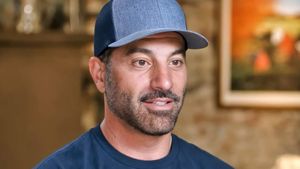

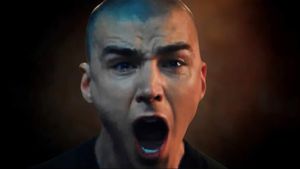












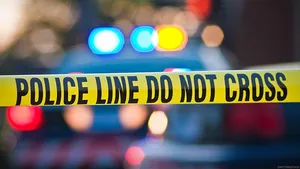
















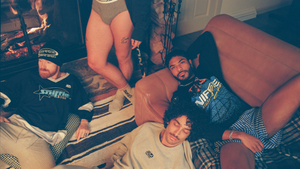
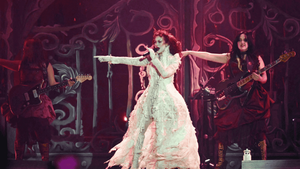


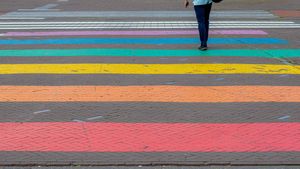


Charlie Kirk DID say stoning gay people was the 'perfect law' — and these other heinous quotes